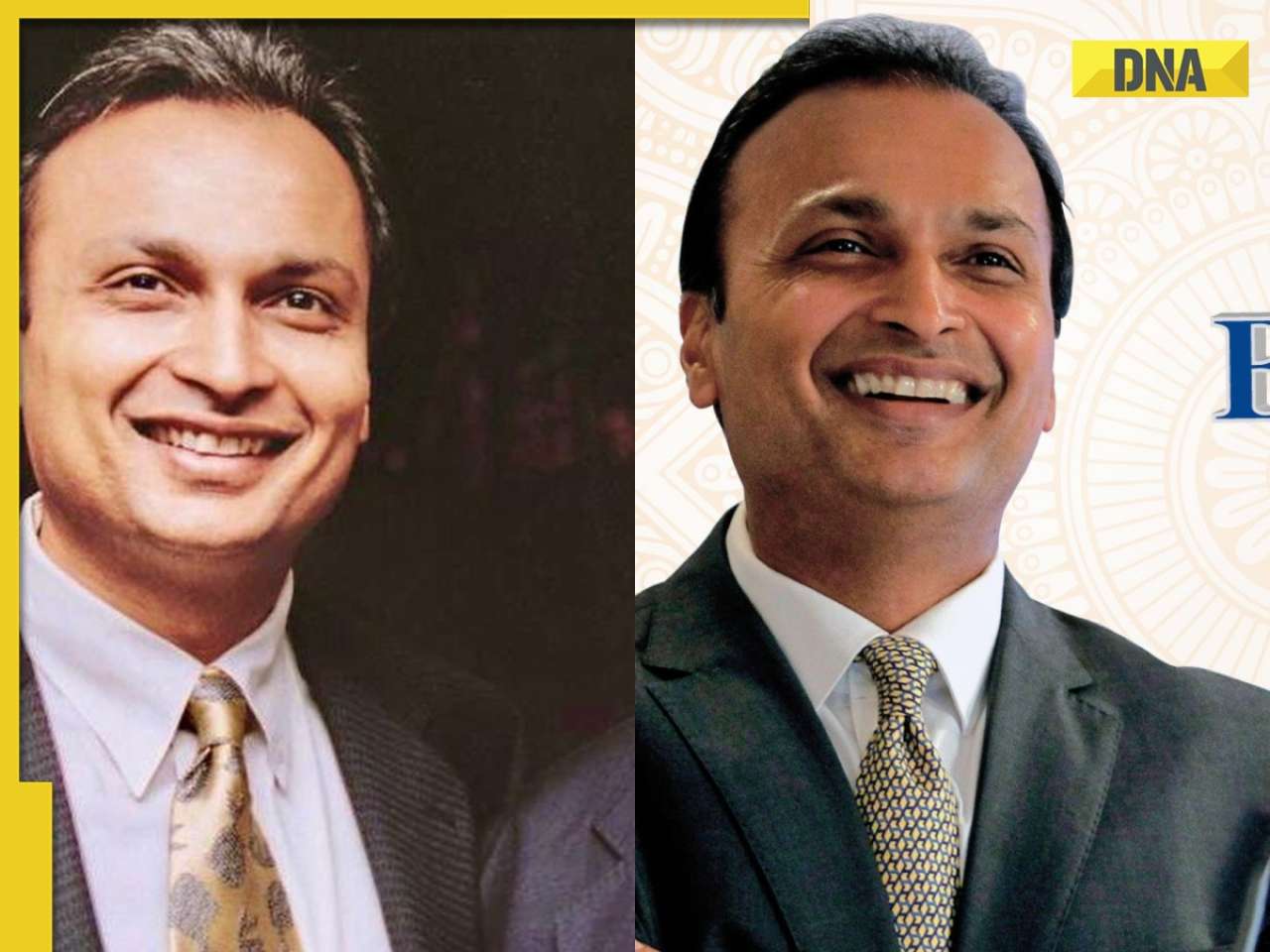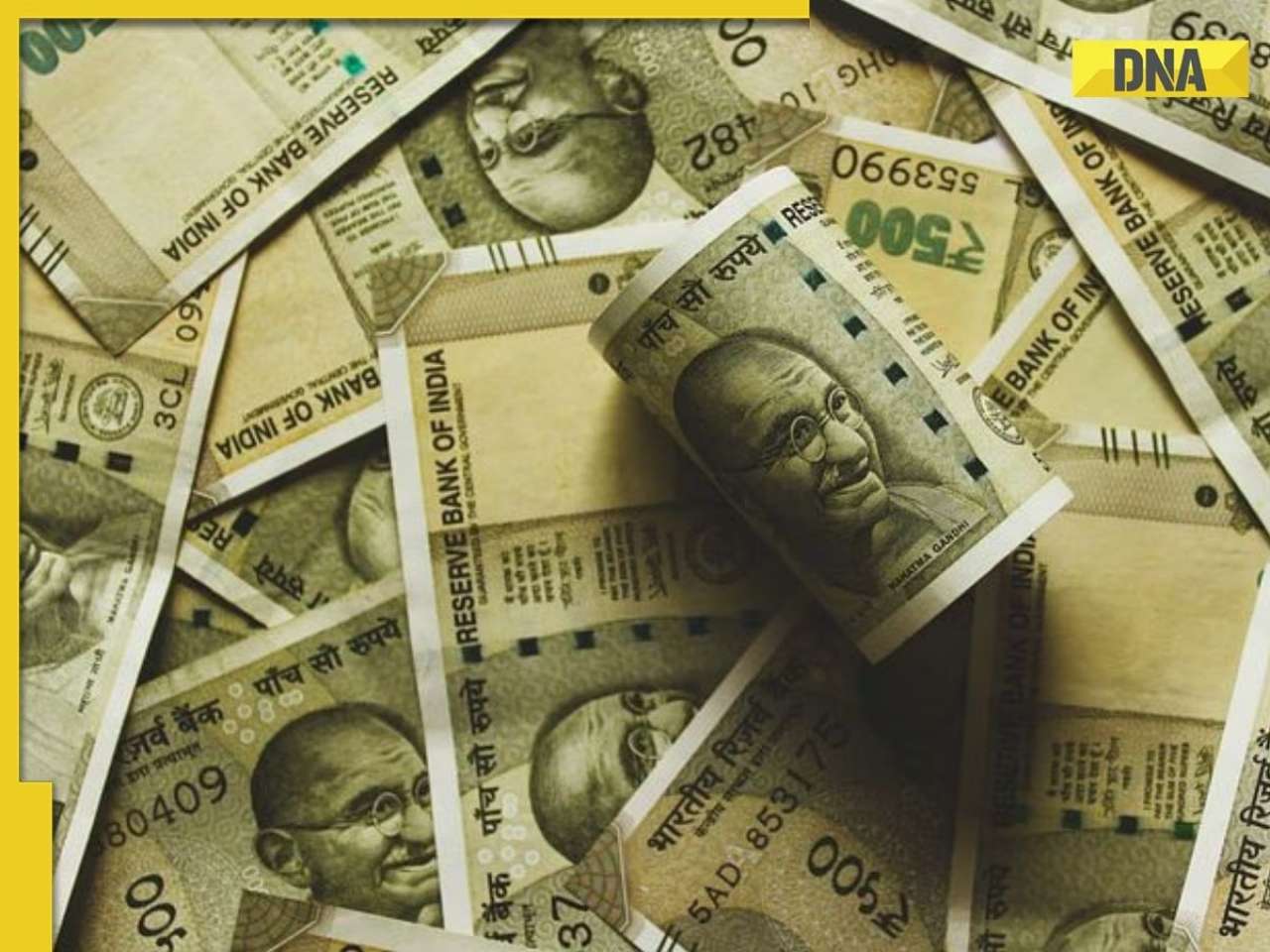Steve Jobs's latest device does not have a camera; it does not support flash, global positioning system (GPS), multitasking, and cannot plug peripherals without a specialised adapter. And all these limitations make it short of being a magical device.
Now that you have seen Apple’s iPad, you also know where it falls short. While iPad enables users to browse the web, check emails, read books, play games, and listen to music from Apple's iTunes store, it still has some obvious shortcomings.
To list some: Steve Jobs’s latest device does not have a camera; it does not support flash, global positioning system (GPS), multitasking, and cannot plug peripherals without a specialised adapter. And all these limitations make it short of being a magical device.
On Thursday, a report by Gartner on Apple's iPad said: “iPad's colour screen and its iTunes heritage make it more of a general computing and media device than a dedicated e-book reader or full tablet PC.”
And those who have spotted these gaps in Apple’s tablet are rushing to fill them up. Not just the electronic gadget manufacturers but even semiconductor firms.
One such company is Freescale Semiconductor. The company has designed a processor to overcome most of these deficiencies and give ease of use to customers, along with widening features of nettabs, electronic book, or smartbook.
Vivek Tyagi, country manager (sales & marketing) of the company, said; “We have designed a processor, which will enable the service provider to fit in camera and flash player with the ability of multitasking on nettabs.”
With electronic books (e-books) set to sweep both the global and domestic markets with interest generated in the segment because of iPad, Tyagi expects tremendous response for its processors from the service providers.
The e-book revolution began in 2006 with Sony Corp’s Sony Reader, but the Japanese company fell behind Amazon.com when the latter came out with Kindle that had built-in wireless access. Barnes and Nobles Inc joined the race with its Nook and now Apple has stirred the market with iPad.
Sony has also upgraded its Sony Reader with Reader Daily Edition and tied up with The Wall Street Journal and The New York Post, to sell subscription on its device.
According to a report by DisplaySearch in 2009, e-book unit shipments are expected to grow from one million units in 2008 to more than 75 million units in 2018 with a value of around $3.8 billion. The research firm said the market drivers would be new e-books in the market, international expansion of e-book availability, anticipated price declines, and the electronic distribution of newspapers and textbooks.
Some time back, Sriram Peruvemba, vice-president of marketing for E Ink Corporation, Freescale’s partner in the development of integrated processors for e-books, had said their work would open up several new markets, including an e-newspaper and e-textbooks.
Though still a virgin market, Tyagi expects the tablet market in India to explode once the products are launched. He said the e-book market is growing at a fast rate and is expected to generate a $1billion opportunity for semiconductor companies by 2013.
"The growth will come from verticals such as display assembly, processor, wireless module, battery, and enclosure, among others,” said Tyagi.
Diptarup Chakraborti, principal research analyst of Gartner India, said iPad’s shortcomings notwithstanding, it would be difficult for its rivals to upset Jobs’s applecart.
“Products of Apple stand out in the market for their superior design, aura, and marketing strategy. Otherwise, there are many products in the market that are technologically better [than it] but are not able to compete with Apple,” he said.
Chakraborti said the e-book market in India will take some time to take off as it would be difficult to break into the conventional reading habit of Indians.
Consultancy firm Deloitte has predicted a manifold increase in tablet sales this year. It has forecast 'nettabs', thin tablets connected to the Internet through mobile networks, will sell in tens of millions of units in 2010-11.
Gartner predicts worldwide tablet sales will touch 10.5 million units by the end of 2010. Currently, e-book readers like Amazon's Kindle — the closest analogue to nettabs — are anticipated to have sold around 5 million units last year, according to street estimates.
![submenu-img]() 'Maa ki yaad dila di': PM Modi writes to Neeraj Chopra's mother, expresses gratitude for homemade 'churma'
'Maa ki yaad dila di': PM Modi writes to Neeraj Chopra's mother, expresses gratitude for homemade 'churma'![submenu-img]() Who is changing Anil Ambani's fortune? How are Reliance Group companies becoming debt-free?
Who is changing Anil Ambani's fortune? How are Reliance Group companies becoming debt-free?![submenu-img]() Watch: Aamir Khan visits ex-wife Reena Dutta after her father's death
Watch: Aamir Khan visits ex-wife Reena Dutta after her father's death![submenu-img]() ICC Test Rankings: Major setback for Rohit Sharma, Virat Kohli re-enters top 10
ICC Test Rankings: Major setback for Rohit Sharma, Virat Kohli re-enters top 10![submenu-img]() The Great Kapil Show: Rohit Sharma reveals what team India was up to after winning T20 World Cup, says 'every player...'
The Great Kapil Show: Rohit Sharma reveals what team India was up to after winning T20 World Cup, says 'every player...'![submenu-img]() Manipur violence : स्वच्छता अभियान में साफ-सफाई पर छिड़ा विवाद, 1 जवान समेत 3 की मौत, 5 घायल, धारा 163 लागू
Manipur violence : स्वच्छता अभियान में साफ-सफाई पर छिड़ा विवाद, 1 जवान समेत 3 की मौत, 5 घायल, धारा 163 लागू![submenu-img]() Israel Conflict: Hezbollah ने मारे 8 इजरायली सैनिक, Iran की मोस्ट वॉन्टेड लिस्ट में टॉप पर नेतन्याहू, 5 पॉइंट्��स में पढ़ें ताजा अपडेट
Israel Conflict: Hezbollah ने मारे 8 इजरायली सैनिक, Iran की मोस्ट वॉन्टेड लिस्ट में टॉप पर नेतन्याहू, 5 पॉइंट्��स में पढ़ें ताजा अपडेट![submenu-img]() रात को पत्नी चुराती थी पति की जेब से गुटखा, सुबह बात पुलिस तक पहुंच गई, फिर....
रात को पत्नी चुराती थी पति की जेब से गुटखा, सुबह बात पुलिस तक पहुंच गई, फिर.... ![submenu-img]() Naga-Samantha के तलाक के पीछे किसका था हाथ? मंत्री कोंडा सुरेखा ने खोला राज, Nagarjuna भड़के
Naga-Samantha के तलाक के पीछे किसका था हाथ? मंत्री कोंडा सुरेखा ने खोला राज, Nagarjuna भड़के![submenu-img]() Blue Line पर अफरा-तफरी : ट्रैक पर मिला ड्रोन, Delhi Metro की सेवाएं रोकी गईं
Blue Line पर अफरा-तफरी : ट्रैक पर मिला ड्रोन, Delhi Metro की सेवाएं रोकी गईं![submenu-img]() This company overtakes Ratan Tata's firm to become India’s…; it is owned by…
This company overtakes Ratan Tata's firm to become India’s…; it is owned by…![submenu-img]() Mahindra Thar ROXX booking to start from..., check waiting period, details
Mahindra Thar ROXX booking to start from..., check waiting period, details![submenu-img]() BMW launches CE 02 electric scooter in India; price starts at Rs…
BMW launches CE 02 electric scooter in India; price starts at Rs…![submenu-img]() Mahindra Thar Roxx 4x4 prices revealed, starts at Rs…
Mahindra Thar Roxx 4x4 prices revealed, starts at Rs…![submenu-img]() Sebi gives nod to Hyundai India's Rs 20,000 crore IPO, listing month is...
Sebi gives nod to Hyundai India's Rs 20,000 crore IPO, listing month is...![submenu-img]() RRB Railway Recruitment 2024: Sarkari naukri alert for 14298 posts, know how to apply online at rrbapply.gov.in before..
RRB Railway Recruitment 2024: Sarkari naukri alert for 14298 posts, know how to apply online at rrbapply.gov.in before..![submenu-img]() Meet IAS officer, BITS graduate who left high-paying job at Google, got highest marks in UPSC exam, he is...
Meet IAS officer, BITS graduate who left high-paying job at Google, got highest marks in UPSC exam, he is...![submenu-img]() Meet man who quit his job at ISRO, then began taxi company, its turnover is Rs...
Meet man who quit his job at ISRO, then began taxi company, its turnover is Rs...![submenu-img]() Meet woman, who is social media star, is married to IAS, cracked UPSC exam in first attempt, secured AIR...
Meet woman, who is social media star, is married to IAS, cracked UPSC exam in first attempt, secured AIR...![submenu-img]() Meet Indian genius who cracked IIT-JEE with AIR 1, joined IIT Bombay, left after 2 years without graduation, he is now…
Meet Indian genius who cracked IIT-JEE with AIR 1, joined IIT Bombay, left after 2 years without graduation, he is now…![submenu-img]() After Hassan Nasrallah's Death, This Cleric Is Now Tipped To Be Hezbollah Leader | Israel | Lebanon
After Hassan Nasrallah's Death, This Cleric Is Now Tipped To Be Hezbollah Leader | Israel | Lebanon![submenu-img]() Hashem Safieddine, Cousin Of Hassan Nasrallah To Become Hezbollah's New Chief | Israel-Lebanon War
Hashem Safieddine, Cousin Of Hassan Nasrallah To Become Hezbollah's New Chief | Israel-Lebanon War![submenu-img]() Israel Hezbollah War: Nasrallah's Death, A Turning Point for Hezbollah's Future? Experts Explain
Israel Hezbollah War: Nasrallah's Death, A Turning Point for Hezbollah's Future? Experts Explain![submenu-img]() Israel Hezbollah War: Hassan Nasrallah's Death Leads To Protests In J&K, Ex-CM Mehbooba Mufti Reacts
Israel Hezbollah War: Hassan Nasrallah's Death Leads To Protests In J&K, Ex-CM Mehbooba Mufti Reacts![submenu-img]() Israel Hezbollah War: Nasrallah's Death Leads To Protest By Women & Children In Jammu And Kashmir
Israel Hezbollah War: Nasrallah's Death Leads To Protest By Women & Children In Jammu And Kashmir![submenu-img]() Who is changing Anil Ambani's fortune? How are Reliance Group companies becoming debt-free?
Who is changing Anil Ambani's fortune? How are Reliance Group companies becoming debt-free?![submenu-img]() After India's independence, Mahatma Gandhi wasn't the first choice for currency notes, they initially featured...
After India's independence, Mahatma Gandhi wasn't the first choice for currency notes, they initially featured...![submenu-img]() Meet woman, who got Rs 6400000 job in IT tech giant of Bill Gates, not from IIT, IIM, she is...
Meet woman, who got Rs 6400000 job in IT tech giant of Bill Gates, not from IIT, IIM, she is... ![submenu-img]() Big move by Gautam Adani as this Adani company likely to earn Rs 109159505000 by selling shares
Big move by Gautam Adani as this Adani company likely to earn Rs 109159505000 by selling shares![submenu-img]() Mukesh Ambani's Reliance Jio Rs 899 recharge plan is better than Rs 999 plan, as it offers...
Mukesh Ambani's Reliance Jio Rs 899 recharge plan is better than Rs 999 plan, as it offers...![submenu-img]() Who is Manoj Bharti, ex-diplomat appointed as working president of Prashant Kishor's Jan Suraaj Party?
Who is Manoj Bharti, ex-diplomat appointed as working president of Prashant Kishor's Jan Suraaj Party?![submenu-img]() Delhi: Biggest drug bust in capital, 500 kg cocaine worth Rs 2000 crore seized
Delhi: Biggest drug bust in capital, 500 kg cocaine worth Rs 2000 crore seized![submenu-img]() Anant Ambani meets Uddhav Thackeray at Matoshree, sparks speculations ahead of Maharashtra polls
Anant Ambani meets Uddhav Thackeray at Matoshree, sparks speculations ahead of Maharashtra polls![submenu-img]() Prashant Kishor launches Jan Suraaj Party, vows to end liquor ban in Bihar
Prashant Kishor launches Jan Suraaj Party, vows to end liquor ban in Bihar![submenu-img]() 'We do not ask people to get married or...': Sadhguru's Isha Foundation on charges of ‘forcing women to become hermits’
'We do not ask people to get married or...': Sadhguru's Isha Foundation on charges of ‘forcing women to become hermits’














































)
)
)
)
)
)
)
)
)
)
)
)
)
)





)
)
)
)
)
)